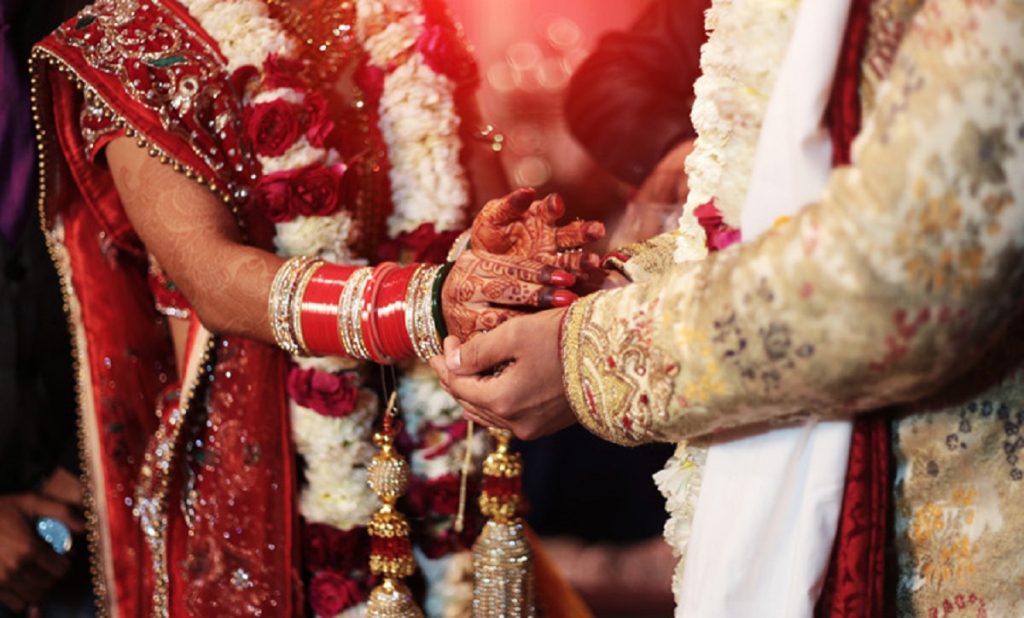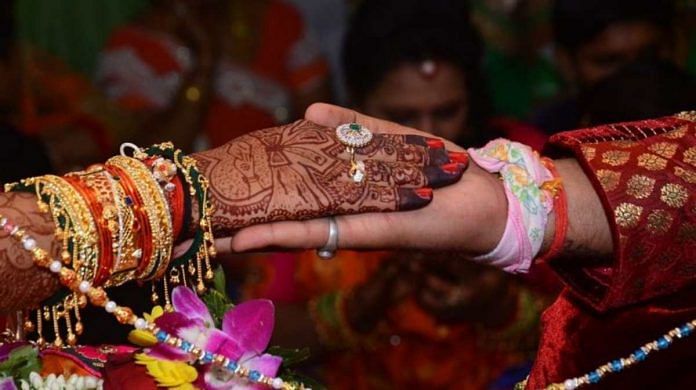The Union Cabinet on Wednesday (December 15) took the decision to raise the legal age of marriage for women from 18 to 21 years. The legal age of marriage for men is 21 years.
With this decision, the government will be bringing the age of marriage for both men and women at par.
Why is there a legal age of marriage?
The law prescribes a minimum age of marriage to essentially outlaw child marriages and prevent the abuse of minors.
Personal laws of various religions that deal with marriage have their own standards, often reflecting custom.
For Hindus, The Hindu Marriage Act, 1955 sets 18 years as the minimum age for the bride and 21 years as the minimum age for the groom. In Islam, the marriage of a minor who has attained puberty is considered valid.
The Special Marriage Act, 1954 and the Prohibition of Child Marriage Act, 2006 also prescribe 18 and 21 years as the minimum age of consent for marriage for women and men, respectively. For the new age of marriage to be implemented, these laws are expected to be amended.

Why has the government decided to re-examine the legal age of marriage?
The Narendra Modi government decided to re-examine the age of marriage for women for a number of reasons, including gender-neutrality. An early age of marriage, and consequent early pregnancies, also have impacts on nutritional levels of mothers and their children, and their overall health and mental wellbeing. It also has an impact on Infant Mortality Rate and Maternal Mortality Rate, and the empowerment of women who are cut off from access to education and livelihood after an
early marriage.
The recently released National Family Health Survey (NFHS) revealed that child marriage has come down marginally from 27 per cent in 2015-16 to 23 per cent in 2019-20 in the country, but the government has been pushing to bring this down further.
What is the Jaya Jaitly committee?
In June 2020, the Ministry for Women and Child Development set up a task force to look into the correlation between the age of marriage with issues of women’s nutrition, prevalence of anemia, IMR, MMR and other social indices.
The committee, headed by former Samata Party president Jaya Jaitly, also had on board NITI Aayog member (Health) Dr V K Paul and secretaries of several ministries.
The committee was to look at the feasibility of increasing the age of marriage and its implication on women and child health, as well as how to increase access to education for women. The committee was to also recommend a timeline by which the government could roll out the implementation of the policy, as well as the amendments that would need to be made in existing laws in order for this to happen.

What did the committee recommend?
The committee has recommended the age of marriage be increased to 21 years, on the basis of feedback they received from young adults from 16 universities across the country. Over 15 NGOs were also engaged to reach out to young adults in far-flung areas and marginalised communities.
Committee members have said that feedback has been taken from youth belonging to all religions, as well as from rural and urban areas equally.
The committee also asked the government to look into increasing access to schools and colleges for girls, including their
transportation to these institutes from far-flung areas. Skill and business training has also been recommended, as has sex education in schools.
The committee said these deliveries must come first, as, unless they are implemented and women are empowered, the law will not be as effective.
The committee has further recommended that an awareness campaign be undertaken on a massive scale on the increase in age of marriage, and to encourage social acceptance of the new legislation, which they have said would be far more effective than coercive measures.
What have critics said about raising the legal age of marriage?
Child and women’s rights activists, as well as population and family planning experts have not been in favour of increasing the age of marriage for women on the basis that such a legislation would push a large portion of the population into illegal marriages.
They have contended that even with the legal age of marriage for women being kept at 18 years, child marriages continue in India and a decrease in such marriages has not been because of the existing law but because of increase in girl’s education and employment opportunities.
They have said the law would end up being coercive, and in particular negatively impact marginalised communities, such as the Scheduled Caste and Scheduled Tribes, making them law-breakers.
Next Story:
-
Heavy Rains In Telangana For Next Three Days

The people of Telangana have been alerted because of moderate to heavy rains in the state for the next three days, according to the Indian Meteorological Department (IMD).
Now you can get latest stories from Hydnow everyday. Click the link to subscribe. Click to follow Hydnow Facebook page and Twitter and on Instagram




